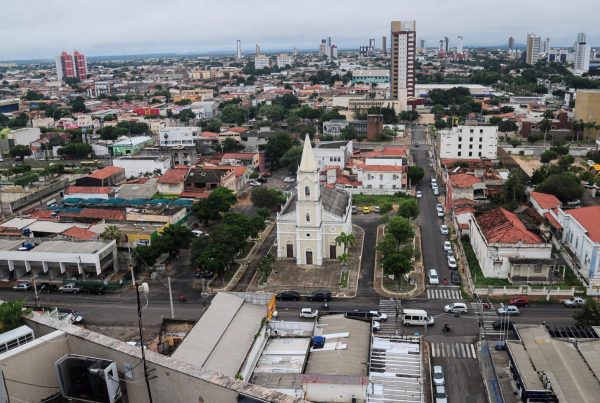A favela na cidade-commodity: desconstrução de uma questão social
O surgimento, consolidação e expansão das favelas no Rio de Janeiro, e o debate relacionado com as virtudes e os vícios de sua existência no espaço social da cidade, sintetizam as várias fases da metamorfose da questão social brasileira. Neste artigo Luiz Cesar de Queiroz Ribeiro e Marianna Olinger partem da análise das várias conjunturas em que a favela entra no debate público para mostrar que se antes o território das camadas populares era visto como questão social – debate do campo político e, portanto, do conflito –, ele passa a ser no contexto atual um bem mercantil, bem ligado ainda à cidade, mas transformado em mercadoria.
O artigo “A favela na cidade-commodity: desconstrução de uma questão social”, do professor Luiz Cesar de Queiroz Ribeiro e da pesquisadora Marianna Olinger, integra o livro “Favelas Cariocas: ontem e hoje”, publicado pela Editora Garamond em dezembro de 2012. O trabalho é mais um resultado da Rede de Pesquisa INCT Observatório das Metrópoles relacionada ao monitoramento e avaliação das transformações urbanas recentes no Brasil.
Em abril de 2013 a pesquisadora Marianna Olinger apresentou o artigo no Encontro Anual da Associação Americana de Geógrafos, realizado na Califórnia (EUA). A iniciativa faz parte do processo de internacionalização que o Observatório das Metrópoles vem desenvolvendo com o propósito de difundir a realidade urbana brasileira para os parceiros internacionais e consolidar o tema metropolitano na agenda mundial.
Divulgamos, desse modo, o artigo na versão em inglês “The favela in the city-commodity: deconstruction of a social question” para os leitores brasileiros e estrangeiros. Esperamos com essa ação ampliar o debate sobre as transformações que vêm ocorrendo nas cidades do país, e em especial no Rio de Janeiro, no contexto dos megaeventos esportivos.
The favela in the city-commodity: deconstruction of a social question
Por Luiz Cesar de Queiroz Ribeiro e Marianna Olinger
The emergence, consolidation and expansion of the favelas in Rio de Janeiro, and the related debate about the virtues and vices of their existence in the city’s social space, synthesize, in an eloquent manner, the various stages of metamorphosis of the Brazilian social question. Each of them begins with the appearance of new propositions for the model of action regarding such territory, justified by the construction of social representations that defend and/or condemn the existence of favelas. For such, cognitive, normative, political, more or less erudite, arguments are mobilized, in different institutional ambits. Therefore, as a social question, the favela presupposes a discursive field and action open to passion and reason, centered around a set of aporias sustained by arguments with which they simultaneously intend to become acquainted, judge and propose, or, to be coherent with what has been enunciated above, propose, judge and become acquainted.
This is the starting point for this article. The understanding of the various conjunctures in which the favela enters the public debate must seek to elucidate the relations inherent between the explanation/assessment of its existence and its problems with the propositions of action. Here, however, we do not aim to reconstruct these conjunctures. It would be impossible to do so in this brief approach that only develop the oral communication presented in the seminar from which this book resulted. We center our reflection on the present conjuncture, which we consider as a hypothesis, constituting the final stage of the favela as a social question and the deconstruction of the aporia formerly established by the imposition of a set of instrumental and pragmatic justifications – which withdraw the debate from the political field, and thus from the conflict, and insert it into the domain of market logic.
Expressed more simply, our argument is: if, before, the debate about the favela used to involve taking a position by means of value judgments that did not differentiate explanation, evaluation and action, in the current conjuncture, the favela is conceived by the model of action that seeks to ensure the conditions of its valuation as a mercantile asset, if well connected to the city, transformed into a commodity. Therefore, in course, there is disempassionment of the understanding/judgment/action of the favela, its place in social space and in the collective imaginary of the Cariocas (Rio de Janeiro citizens), whose main consequence is the displacement of the historic dualities of the favela as a social question, such as that regarding urbanization versus removal, for example. Such a process of deconstruction has been carried out by the utilization of practices that Pierre Bourdieu called symbolic violence, practiced by the mobilization by diverse actors of cognitive-normative arguments that remove from the debate about favelas the misunderstanding as a discursivepractical possibility.
Due to this hypothesis, despite the modest objectives of this article, we are obliged to begin with a brief reconstruction of the trajectory of the favela as a social question. Next, we propose to identify the moments in which there occurred conjunctures of disempassionment of the debate about the favela and the dissemination of social representations that reinterpreted it as a problem or prevent its incorporation into the status of merchandise with great potential value.
Acesse neste link o artigo completo “The favela in the city-commodity: deconstruction of a social question”
Última modificação em 30-05-2013








